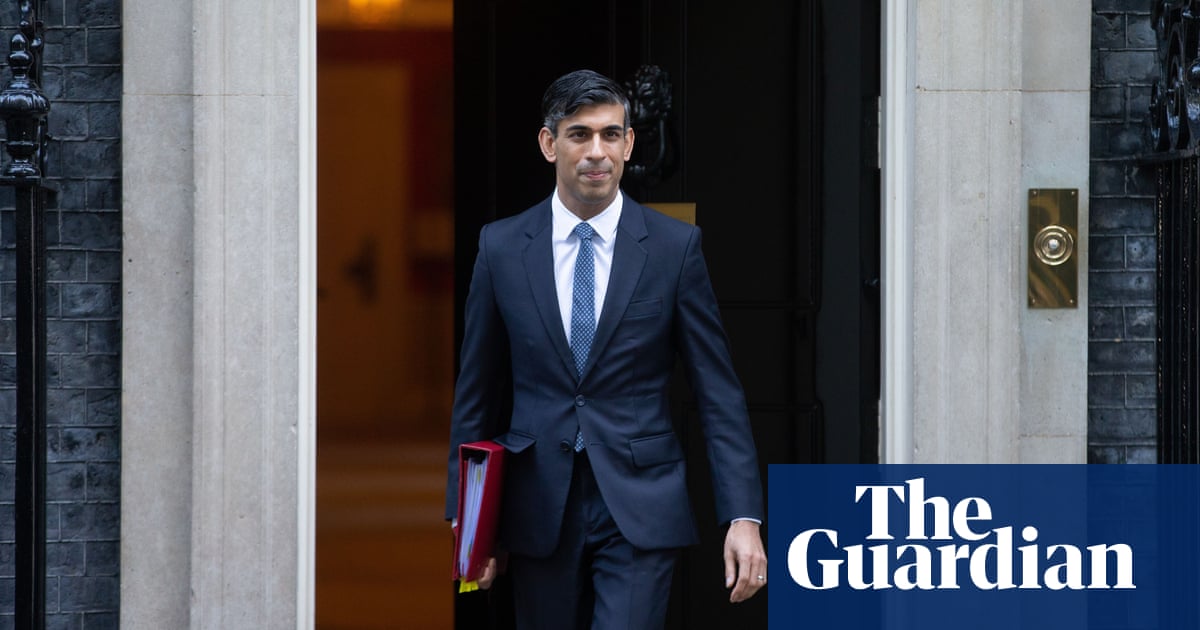
Steve Bruce is normally a safe if somewhat unexciting pair of managerial hands, though as supporters of Sheffield United, Birmingham City and Wigan Athletic will attest, he does have a penchant for resigning or leaving to further his career elsewhere. As recently as January he was claiming his 10th club, Sheffield Wednesday, may be the last he would manage but presumably he always knew that, if the call came from Newcastle, he would find it hard to resist.
What he does at most clubs is steady the defense, sort out a settled team and begin to make small but significant improvements. Newcastle are certainly in need of someone who can do that but they have just lost an arch-pragmatist and organizational master in Rafa Benítez and it remains doubtful whether Bruce is quite up to the Spaniard’s tactical standards or as stoically diplomatic in adverse circumstances.
Newcastle supporters will not care too much about Bruce’s reputation for cautious football, his unhappy time at cash-strapped Aston Villa or even the two years he spent managing Sunderland. Capable managers with Premier League experience willing to work under Mike Ashley are not exactly beating a path to the northeast at the moment and assuming Bruce is allowed to sign a few players and get the season off to a reasonably promising start his enthusiasm for football and fondness for Newcastle are likely to win over any doubters. As things stand, with Ayoze Pérez and Salomón Rondón gone and no replacements signed, nothing so comfortable can be safely predicted, yet most of Bruce’s managerial career has been a struggle against some sort of adversity.
Newcastle will be the biggest Premier League club Bruce has managed, his time at Aston Villa having coincided with Championship football and financial crisis at the club. They managed to reach the play-offs despite Bruce being required to slash millions from the annual budget, though they were unable to clinch promotion and an unimaginative style of football alienated a vociferous section of fans.
It was an experience, Bruce said, that made him wonder whether he still wanted to be in management. “I never thought I’d be in a position like I was at Aston Villa where people weren’t going to get paid on a Friday,” he said. “That’s how bad it was. It looks great from the outside but we had huge financial problems for months.”
In retrospect Bruce’s happiest times were at smaller clubs, helping Birmingham and Hull to promotion and managing to keep them in the top flight against expectation, or contributing a solid two seasons to Wigan’s eight-year stay in the Premier League after an earlier spell with the club lasted three months. Bruce signed Christophe Dugarry to revive Birmingham’s Premier League fortunes, discovered the briefly impressive Egyptian, Amr Zaki, for Wigan and not only got Hull promoted “with a collection of loans, waifs and strays” but took them to their first FA Cup final.
His biggest disappointment, apart from choosing the wrong time to join Aston Villa, came at Sunderland, where two promising Premier League seasons that brought comfortable mid-table finishes turned sour in the third, when he was sacked after a run of poor results culminating in a home defeat by the bottom club, Wigan. Bruce appeared to have the backing of the club owners and a good relationship with the then chairman, Niall Quinn, as he set about rebuilding the squad but though it took several more seasons and managers for the club to be relegated stodgy football and a suspicion among fans (Bruce claims) that he secretly supported Newcastle resulted in a parting of the ways early in the 2011-12 campaign.
When Sam Allardyce left Sunderland to become the England manager in 2016 Bruce was among those interviewed for the job and if candidates were not exactly plentiful once the Football Association decided it wanted an English manager to succeed Roy Hodgson it is still tempting to wonder how things might have worked out had the then Hull manager been chosen.
Allardyce has said he, too, was approached over the Newcastle job but did not find the prospects on offer as Ashley attempts to sell the club, potentially to a Dubai investment consortium, sufficiently attractive.
Bruce has turned down Newcastle in his time – while riding high with Birmingham he declined an offer to replace Bobby Robson out of respect for the incumbent manager – but like Robson and Kevin Keegan he is hard‑wired to find the idea of Saturday afternoons at St. James’ Park always attractive. Keegan learned the hard way in the end under Ashley, with a legal dispute that ended with the club admitting claims that the manager had the final word on incoming and outgoing transfers were not true but simply PR.
Whether Bruce’s sentimental return reaches such a grisly conclusion remains to be seen but a 58-year-old going into a troubled 11th club with his eyes fully open can only be admired for trying.The Guardian Sport












